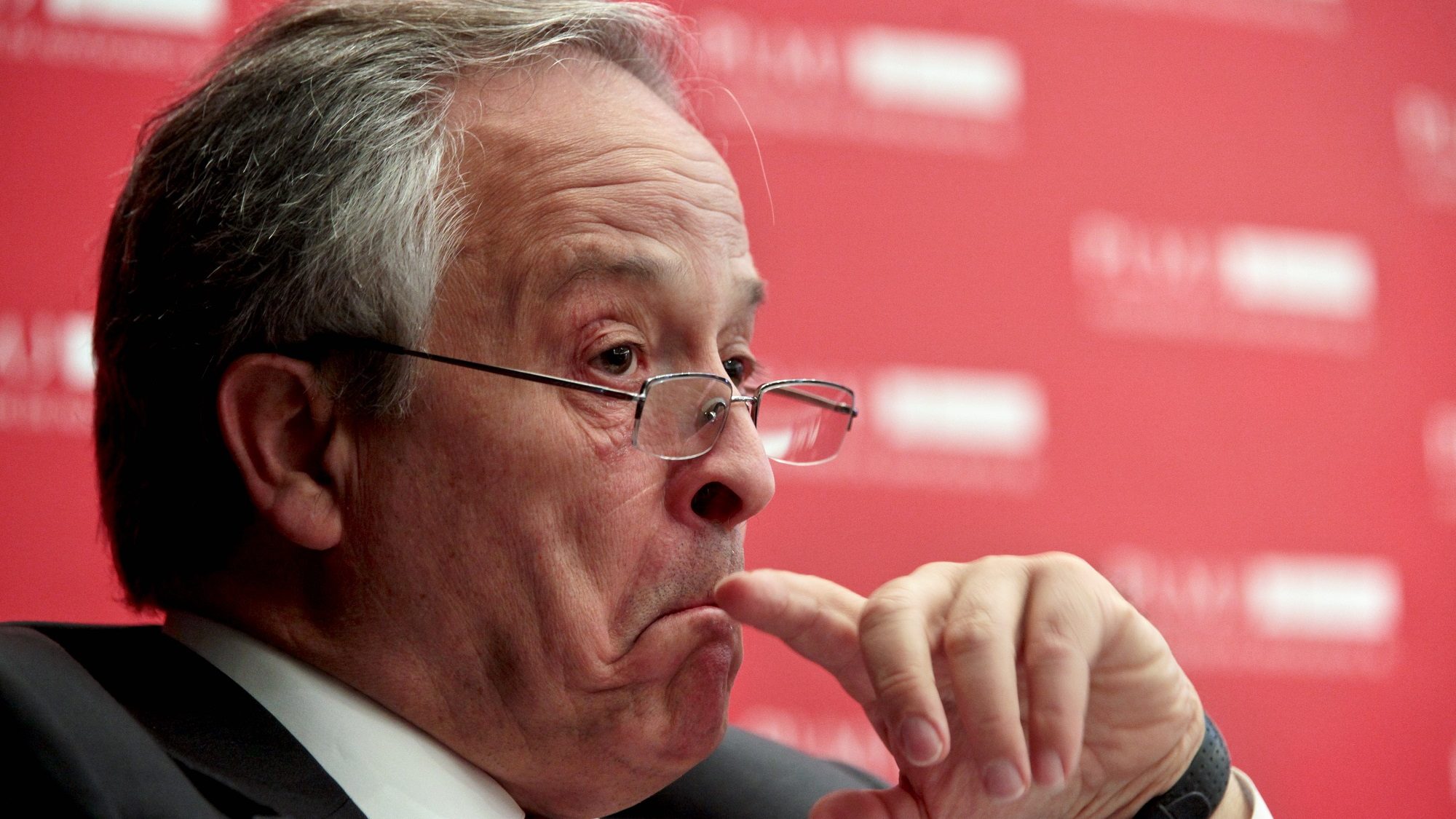Portugal issues more debt with negative interests
Portugal raised 1,750 million euros in the first 2017 Treasury bills auction. Rates have decreased, placing the issuance with a 12-months maturity, once again, at negative interests.
Portugal is back at the short-term debt auctions, with lower interests. After placing the ten-year debt with a 4% interest rate, the country was able to obtain negative interests both for six and 12 months’ maturities. And there was more debt placed than what was predicted: from the initial 1,500 million, Portugal was able to raise 1,750 million euros.
The IGCP (Portuguese Treasury and Debt Management Agency) placed 1,400 million euros in one-year Treasury bills: supply was surpassed 1.55 times by demand. In this maturity, Portugal was able to once again finance itself with negative rates: the interest was -0.047%, which relates to the 0.005% from the previous auction, which took place on November 2016.
At the same time, on six months’ maturities, the rate was even more negative than in the previous auction. It went from -0.027% to -0.091%, being that in this maturity there were only 350 million euros placed. The demand for this maturity was stronger than for the 12 months maturity: supply was surpassed 3.53 times by demand.
With this operation – the first short-term auction of 2017 –, Portugal assures, in the first month of the year, around 30% of the overall financing needs predicted for 2017. In total, the agency headed by Cristina Casalinho foresees raising between 14 billion and 16 billion euros throughout this year, being that nearly the entire amount will be assured by government bonds.
The first test of the year depicted a worsening of financing costs. Through an issuance with the support of the banking syndicate, the IGCP placed a 3,000 million euros in ten-year bonds, having paid a 4.227% interest rate (the highest rate since Troika left Portugal in 2014).
“The transaction benefited from the institutional investors’ participation […] from France, Italy, Spain and the UK; depending on the type of investor, most demand came from managers from funds, banks/private banks and insurances/pension funds”, is stated by the Agency.




